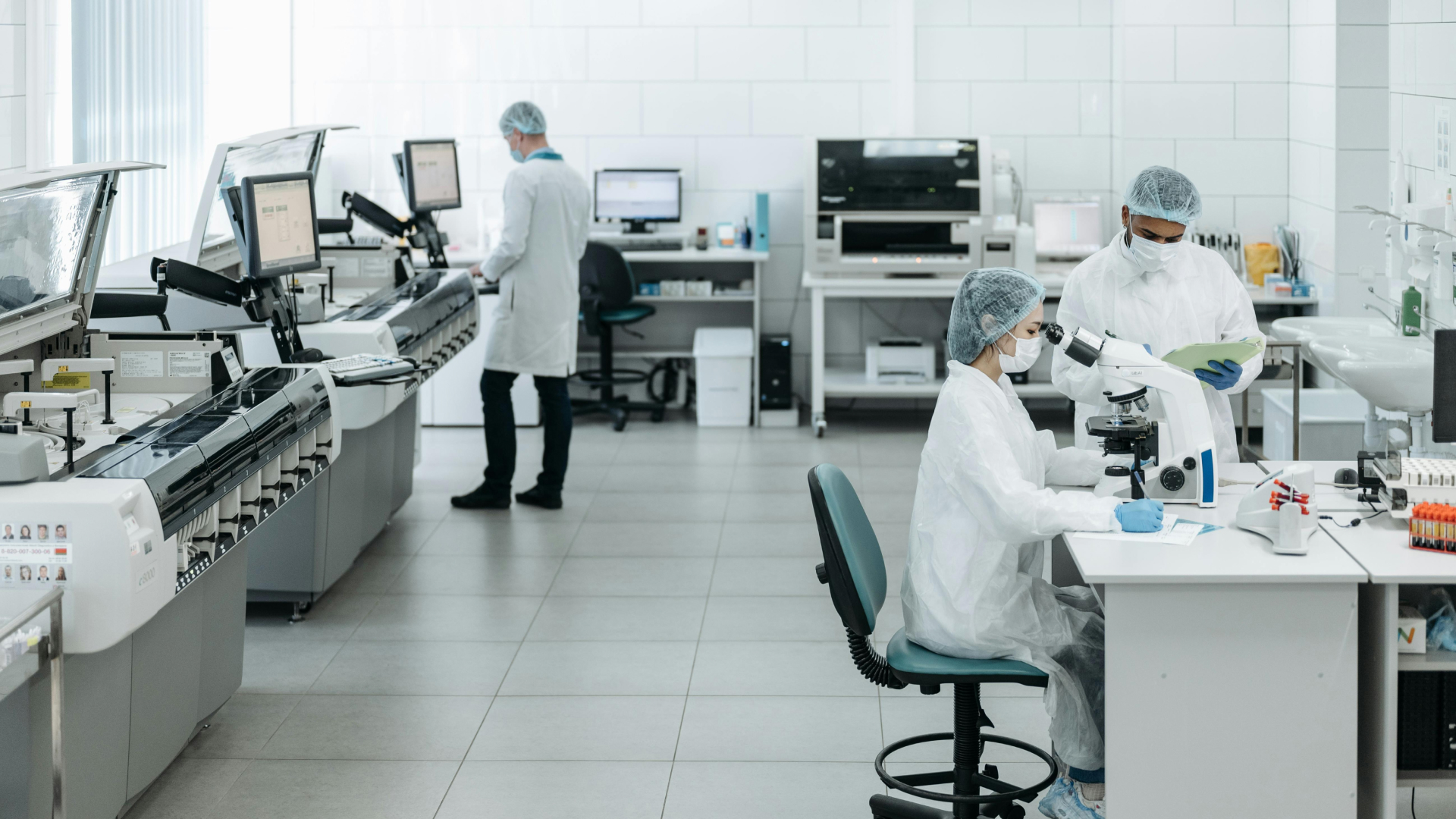Even though human growth hormone is considered generally well-tolerated and more safe than AAS, it still can cause some side effects. The risk of the side effects development is linked to dosages and cycle length. If the patient chooses to neglect the recommended dosage and increase it without consultation, it may result in unwanted side effects.
As long as the person adheres to the recommended dosage and cycle length, and considers contraindications before starting Nurotropin, the side effects will be bearable.
HGH Contraindications
It’s not recommended to use growth hormone if the person:
- Has been through major surgeries recently or suffered a multisystem trauma;
- Has respiratory distress;
- Is predisposed to cancer, has been diagnosed with cancer, or undergoes a treatment;
- Is predisposed to diabetes, has a higher risk of insulin resistance or high blood sugar;
- Has an allergy to HGH;
- Is pregnant, planning or nursing.
These conditions can worsen during the HGH cycle. All contraindications should be reviewed beforehand. Ideally, the patient should consult a specialist and undergo a thorough check-up before purchasing HGH.
Growth Hormone: Common Side Effects
Common side effects linked to HGH usage include:
Water Retention and HGH
Several studies have shown that growth hormone does cause fluid and sodium retention. The reason behind this side effect is the anabolic mechanism of action that involves promoting sodium pump activity.
Water retention on an HGH cycle can lead to swelling, especially in limbs, nerve, muscle and joint pain.
Anecdotal reports have demonstrated that some users have tried to mitigate this side effect with cardio training, increased water intake, taurine supplements or reduced salt content in their diet.
Carpal Tunnel Syndrome and HGH
Carpal tunnel syndrome can manifest in the following symptoms: numbness, weakness or tingling of the skin, especially in hands and fingers. This side effect is caused by water retention.
Some HGH users find increased water intake and over-the-counter diuretics helpful in reducing the symptoms. Yet, it is recommended to lower the dosage or adjust the administration schedule to allow more rest days to mitigate carpal tunnel syndrome.
Increased Intracranial Pressure and HGH
Increased intracranial pressure, or intracranial hypertension, isn’t a common side effect in adults on the somatotropin cycle. Symptoms of the intracranial hypertension associated with growth hormone injections include:
- Persistent headaches;
- Nausea;
- Vision changes, for example, blurry vision, visual field defects.
Increased intracranial pressure manifests in the first 8 weeks of the HGH cycle; there is little to no evidence that it can develop later. It’s important to note that intracranial hypertension is more common amongst obese patients and patients on high HGH doses.
Reduction of the dosage helps to resolve this issue, yet it is recommended to seek medical attention to avoid complications.
Insulin Resistance and HGH
Growth hormone administration can lead to insulin resistance, as the drug can antagonize insulin. Insulin resistance and high glucose levels in the blood can be caused by lipotoxicity and suppression of the insulin’s antilipolytic action.
The potency of these side effects depends on the dosage and the exposure duration, as well as pre-existing health problems. It’s recommended to monitor glucose levels on the HGH cycle to avoid the development of insulin resistance.
Joint Pain and Muscle Pain on the HGH cycle
HGH users can experience joint, nerve or muscle pain caused by water retention and swelling. After the end of the HGH cycle, the pain will go away on its own in the course of two weeks.
If the pain becomes intolerable, the patient should try to implement rest days and a 5/2 schedule or reduce the HGH dosage.
Increased Cholesterol Levels and HGH
This side effect is quite controversial. Some studies suggest that HGH can increase lipoprotein levels and cause cardiovascular problems; for example, increase the risks of atherosclerotic plaques’ development.
Other studies suggest that HGH is capable of decreasing low-density lipoprotein content, even though the total cholesterol level can heighten. To be on the safe side, it would be beneficial to check a patient’s cholesterol levels on the HGH cycle.
Gynecomastia and HGH
There is some evidence of HGH causing gynecomastia in long-term usage. This side effect is minimal, yet it should be considered. The risks can be higher for people with hormone imbalances or pre-existing gynecomastia.
If the patient is struggling with gynecomastia from the previous AAS cycle, it’s not recommended to administer HGH, as it can worsen the situation.
Acromegaly and HGH
Enlargement of the facial features, feet or other body parts can be caused by high HGH doses. To avoid acromegaly, it’s recommended not to go above 4 UI per day.
Cardiomegaly can be seen in patients on a long-term HGH cycle. To steer clear of those side effects, consider the HGH doses between 1 and 4 IU per day and adhere to the 5/2 injection schedule.
Does HGH cause addiction
Growth hormone doesn’t cause addiction per se, yet some athletes can develop dependency on the compound. HGH addiction can be linked to body dysmorphia or other psychological disorders that can lead to PED misuse.
To avoid unwanted HGH side effects, we recommend purchasing rhGH through verified Nurotropin® vendors to be sure of the compound purity, authenticity and quality.

Leave A Comment